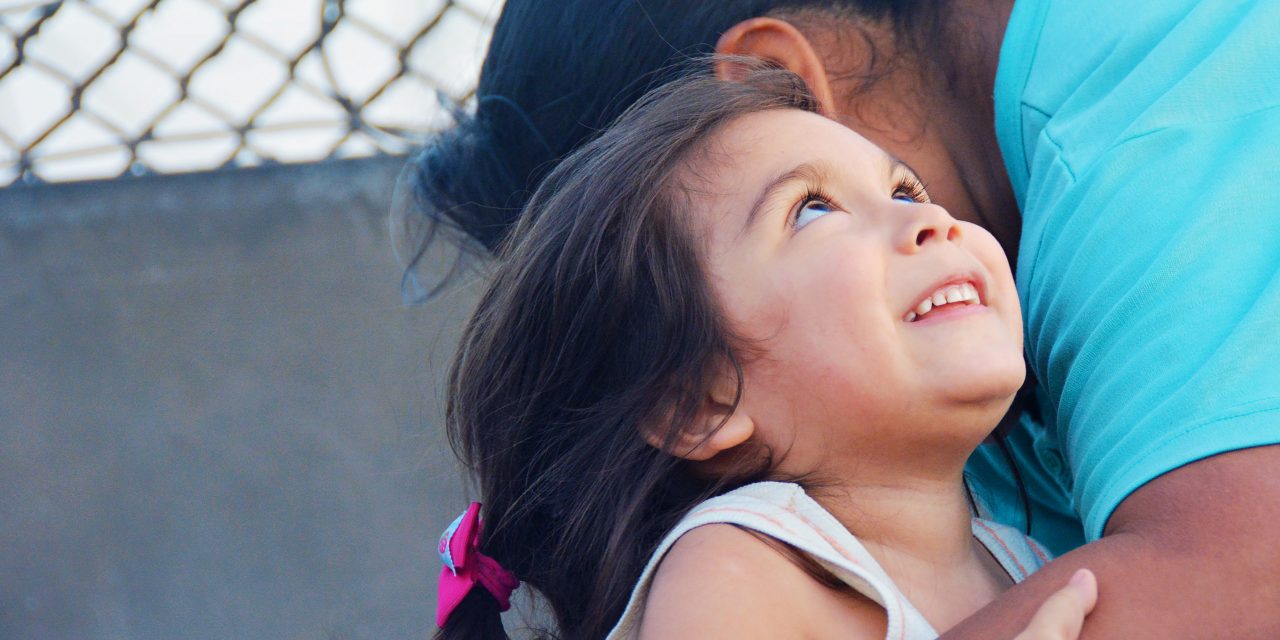The Trump administration has agreed to reverse course and begin the process of reuniting 2,700 children living in Central America with their parents in the United States.
The decision comes as part of a lawsuit that challenged the termination of the Central American Minors (CAM) program. This program allowed parents legally living in the United States to request refugee status for their children still living in Guatemala, El Salvador, and Honduras.
The CAM program started in December 2014 under the Obama administration. The program was for Central American children facing serious danger. Parents could request access to the U.S. Refugee Admissions Program so their children could legally and safely join them in the United States without having to make a dangerous journey to the U.S. southern border.
The program requires a thorough vetting process with security checks, medical checks, and DNA testing. If a child wasn’t eligible for refugee status through CAM, they could still be considered for parole on a case-by-case basis. Humanitarian parole allows a person to enter the United States for a limited period of time if they don’t have a visa. Most of the children who benefited from CAM entered through parole. This authorized a period of stay for up to two years and does not provide a path to citizenship.
The Trump administration announced the end of the CAM program in August 2017. This put many children in a dangerous limbo when the program was suddenly terminated.
More than 2,700 children had been conditionally approved for parole and were waiting to travel to the United States. All conditional approvals got revoked.
Many children who were only a few short weeks away from reuniting with their parents now had cancelled plane tickets and crushed dreams. Parents who spent considerable amounts of money on medical exams, DNA testing, and plane tickets were distressed from the emotional and economic hardships that came with shutting down the program without warning.
Advocates brought a lawsuit challenging the administration’s decision. In December 2018, a federal court ruled the termination was lawful but that the decision to revoke approved applications was illegal.
The Court later ruled that the abrupt termination was causing “irreparable harm” to the separated families. Rescinding the applications en masse was illegal, as the administration failed to consider and address how much the families relied on the program. The Court ordered the Department of Homeland Security (DHS) to submit a plan for processing these applications.
Forcing the administration to process these applications is a major victory for families. It shows the government can take proactive measures to help those fleeing violence. But the scope of this victory is limited as the CAM program will not be processing any new applications. There are still many Central American children living in fear, forced to find alternative methods to escape the violence in their home countries.
FILED UNDER: Central America, Donald Trump, El Salvador, featured, Honduras


